The United States government's latest move to eliminate a "de minimis" tariff exemption for small packages and low-value items imported from China will disrupt the normal international trade order, wreak havoc in the fast-growing cross-border e-commerce industry, and ultimately hurt the interests of U.S. consumers, said experts and industry insiders on Wednesday.
They added that in order to mitigate the negative impacts of escalating trade protectionism, China's cross-border online retailers should strengthen the establishment of overseas warehouses, accelerate the localization of supply chains and operations, and diversify their business layouts in emerging markets.
Their comments came on the heels of the U.S. decision to halt a trade exemption, known as "de minimis", that allows exporters to ship packages worth less than $800 into the U.S. duty-free. The decision came as part of the announcement of the imposition of an additional 10 percent tariff on goods from China.
The U.S. Postal Service said on Tuesday that it had temporarily stopped accepting packages from the Chinese mainland and the Hong Kong Special Administrative Region, a move that may block or delay parcels from Chinese cross-border e-commerce platforms including Shein and PDD Holdings' Temu, as well as some from Amazon, from entering the U.S.
However, the agency said later in a notice that it will resume accepting packages from the Chinese mainland and Hong Kong starting on Wednesday.
Hong Yong, an associate research fellow at the Chinese Academy of International Trade and Economic Cooperation, said the U.S. protectionist measures against China will not only increase the costs of cross-border transactions and hinder technological advancement and innovation in the global e-commerce landscape, but will also damage the interests of U.S. consumers, especially low-income groups.
"The elimination of a small-package tax exemption will pose challenges to Chinese cross-border online marketplaces, and force these platforms to adjust pricing strategies and establish more local warehousing and logistics facilities in overseas markets, in order to reduce dependence on cross-border transportation and lower international logistics costs," Hong said.
In response to the U.S. Postal Service's temporary suspension of the acceptance of incoming international parcels from the Chinese mainland and Hong Kong, Foreign Ministry spokesman Lin Jian said at a news conference on Wednesday that the U.S. should stop politicizing and instrumentalizing trade and cracking down on Chinese companies.
Lin said China will continue to take necessary measures to safeguard the legitimate interests of Chinese enterprises.
Both Shein and Temu have gained popularity among U.S. consumers, as they offer a wide selection of merchandise, including apparel, consumer electronics, jewelry, shoes, bags and accessories at competitive prices. Most of the products are shipped directly from factories or warehouses in China.
Zhu Keli, founding director of the China Institute of New Economy, said the U.S. move to contain the rise of Chinese cross-border online retailers will have an adverse impact on the healthy development of the global e-commerce industry, create barriers to the free flow of commodities and services, and violate the basic principles of the market economy, thus "impeding technological progress and industrial upgrading and stunting global economic growth".
The "de minimis" provision has existed since the 1930s in the U.S., but the threshold has increased and its use has come under increasing scrutiny in recent years. The number of shipments entering the U.S. under the exemption has surged more than 600 percent in the past 10 years, according to U.S. Customs and Border Protection.
Moreover, media reports said that the European Union will increase customs checks on goods shipped directly by e-commerce retailers like Temu and Shein to EU consumers. The new customs guidelines would require these online marketplaces to disclose more information on EU-bound packages in order to track and inspect them more efficiently.
Zhu said it is of great importance for Chinese cross-border e-commerce platforms to accelerate steps to expand their presence in more diverse markets, while improving the added value of products and the service level, as well as enhancing brand competitiveness globally, amid increasing cost pressures caused by tariff hikes in the U.S. and mounting regulatory challenges in Europe.








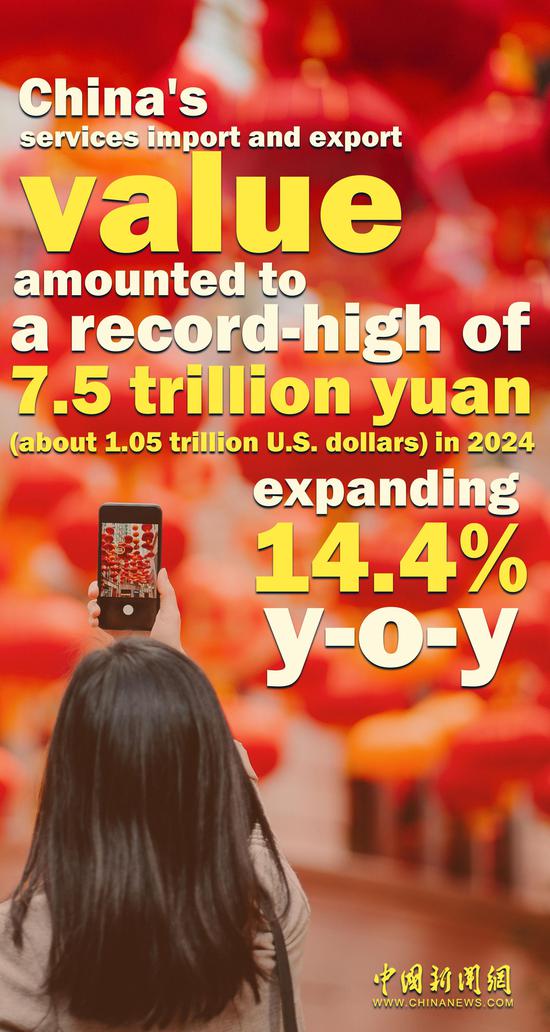
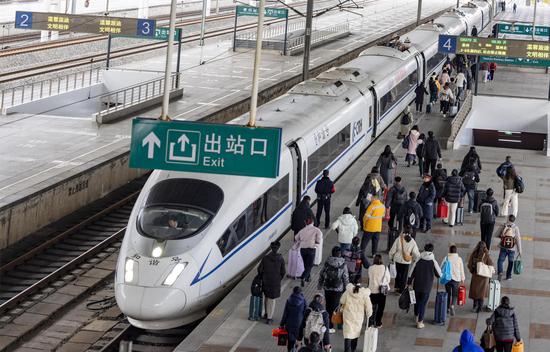
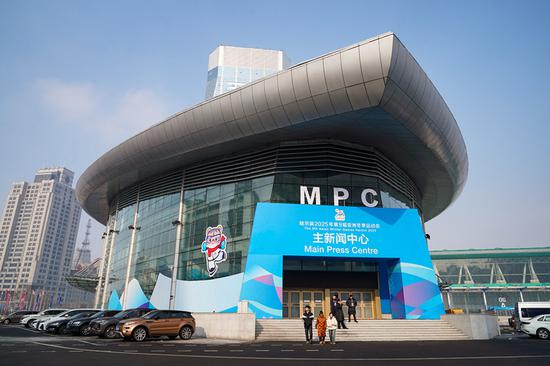


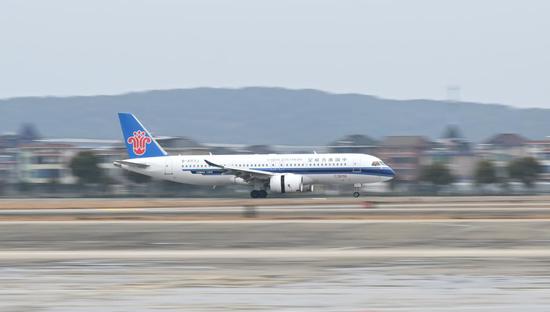









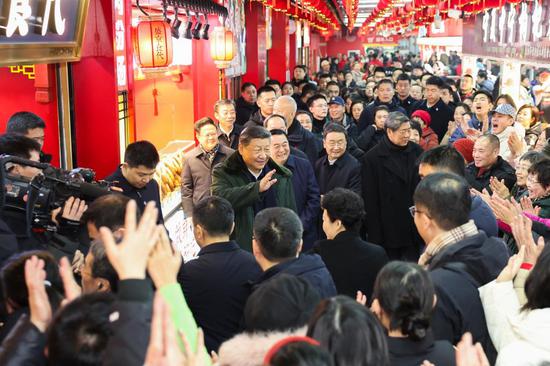
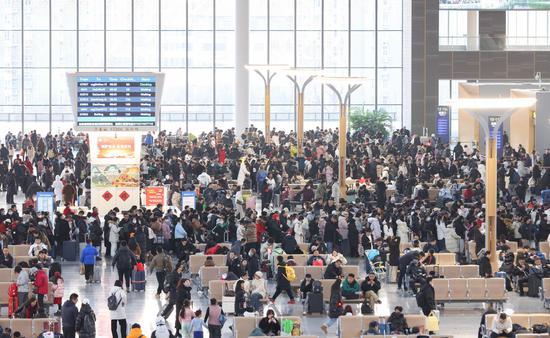






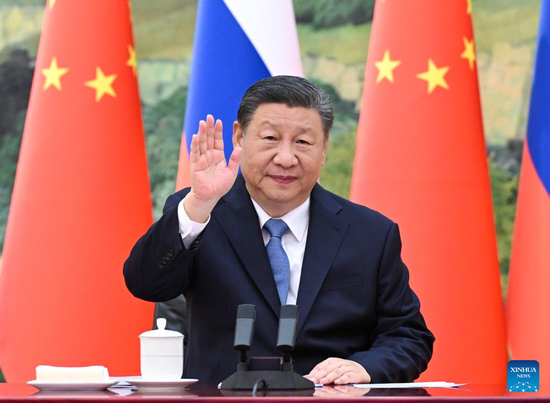











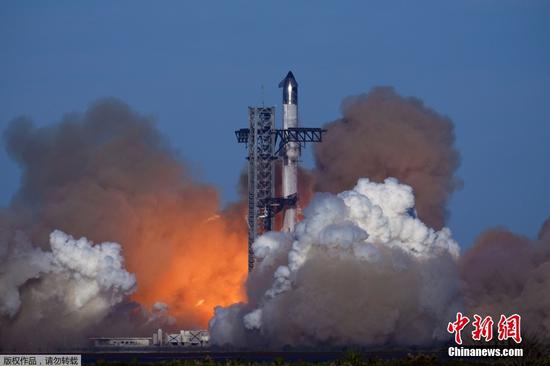
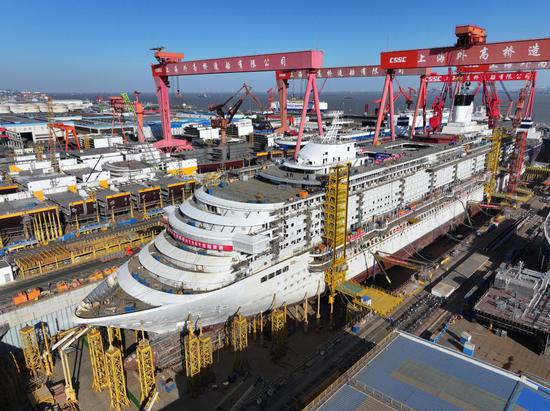





 京公網安備 11010202009201號
京公網安備 11010202009201號